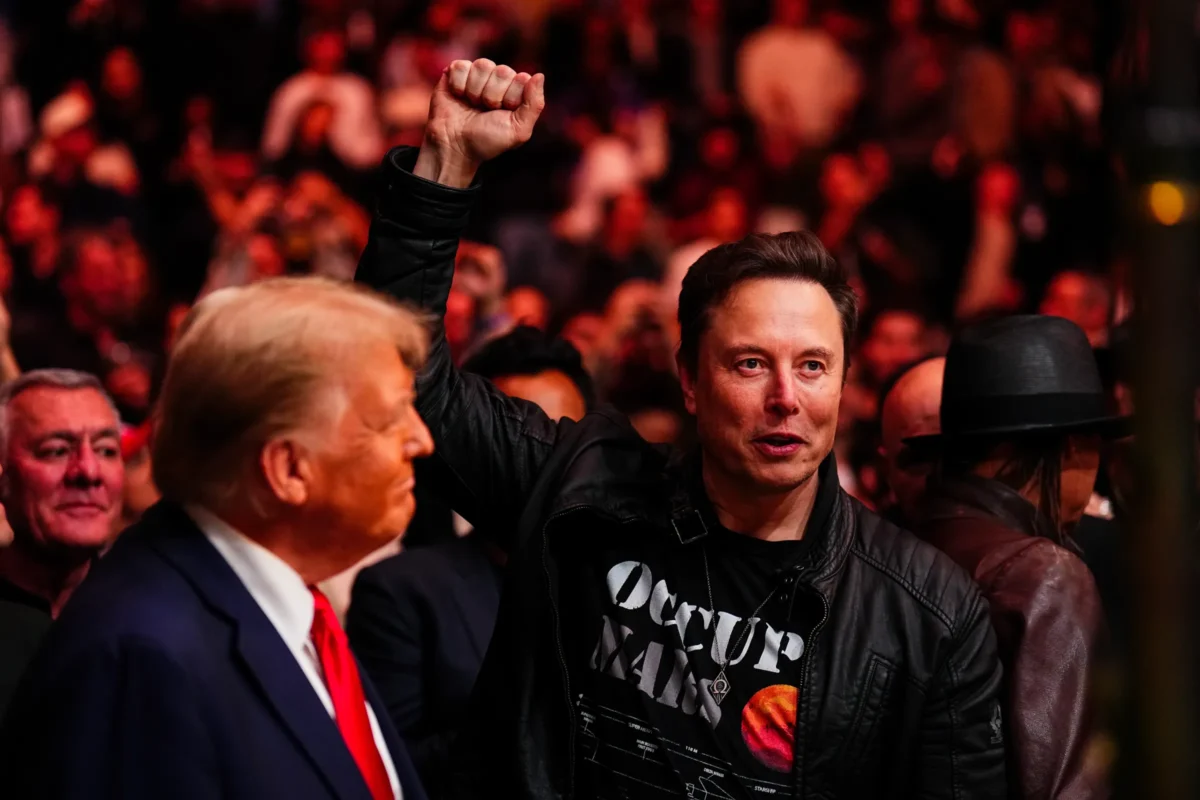
Hours after the TikTok ban took effect in the United States, Elon Musk, using his X handle, has publicly voiced his opposition to the recent TikTok ban in the U.S, citing concerns about freedom of speech and expression—the fundamentals that drove him to acquire X (formerly Twitter) in 2022. In a series of tweets, the ‘Occupy Mars’ billionaire expressed his belief that banning TikTok contradicts the principles that define America.
Quoting a tweet he made earlier in April 2024, Elon Musk acknowledged how the TikTok ban would even benefit his platform, X. Nevertheless, Elon made it clear how he values the principles of free speech over potential gains for X.
Months later, with TikTok now shut down in the U.S., reiterating his stance, Musk addresses the complexities of the issue, particularly in light of the fact that TikTok’s parent company, ByteDance, operates under China’s jurisdiction—a country where platforms like X remain inaccessible. He highlighted the imbalance in this dynamic, emphasizing the need for a fairer approach.
I have been against a TikTok ban for a long time, because it goes against freedom of speech.
That said, the current situation where TikTok is allowed to operate in America, but 𝕏 is not allowed to operate in China is unbalanced.
Something needs to change. https://t.co/YVu2hkZEVZ
— Elon Musk (@elonmusk) January 19, 2025
Despite his stance, and speculations of “Will Musk buy TikTok,” Musk’s history with TikTok has raised eyebrows. He once claimed that if he were to acquire TikTok, he would delete it entirely—a comment that likely reflected his personal views on the app’s impact rather than a genuine business intention.
Related Stories: Gorklon Rust Meaning – Why Elon Musk Changed His Name on X
Related Stories: Elon Musk Amplifies ‘Janice Nkajja Viral Video’ on Corrupt & Extravagant Uganda Amid USAID Freeze
The TikTok ban in the U.S. has sparked widespread debate, with critics arguing that it undermines digital freedom while proponents emphasize national security concerns. Musk’s position adds a unique perspective, balancing his support for free speech with an understanding of geopolitical tensions.
As the controversy unfolds with TikTok users in the U.S. cut off from the app, Musk’s tweets on the matter serve as a reminder that tech regulation isn’t just about platforms—it’s about the values they represent and the precedents they set.